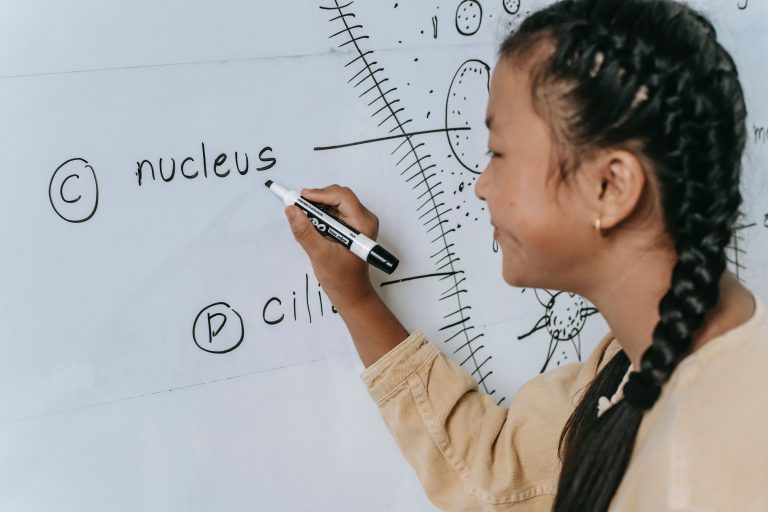Challenges and Opportunities in Pakistani Education System
Pakistan’s education system faces a multitude of challenges, yet it also holds significant opportunities for improvement and development. With a large and growing population, the future of the country depends greatly on its ability to address these challenges and leverage the opportunities within its education sector.
Challenges:
- Access and Equity: One of the most pressing issues in Pakistan’s education system is the lack of access and equity, particularly in rural and remote areas. Many children, especially girls, are still out of school due to socio-economic constraints, cultural norms, and inadequate infrastructure.
- Quality of Education: Despite efforts to improve the quality of education, there remains a wide disparity in the standard of teaching and learning between urban and rural areas. The curriculum is often outdated, rote learning is prevalent, and there is a shortage of qualified teachers.
- Gender Disparity: Gender disparity is a significant challenge in Pakistan’s education system, with girls facing greater barriers to access and completion of education. Deep-rooted cultural norms, early marriages, and lack of safe and secure learning environments contribute to this disparity.
- Infrastructure and Facilities: Many schools in Pakistan lack basic infrastructure and facilities such as proper classrooms, electricity, clean water, and sanitation facilities. This not only affects the learning environment but also compromises the safety and well-being of students and teachers.
- Teacher Training and Development: The quality of teaching largely determines the quality of education, yet teacher training and development programs in Pakistan are often inadequate. There is a need for continuous professional development to equip teachers with the necessary skills and knowledge to effectively engage students and deliver quality education.
Opportunities:
- Technological Integration: With the rapid advancement of technology, there is a great opportunity to leverage digital tools and resources to enhance teaching and learning outcomes. Initiatives such as e-learning platforms, digital libraries, and online courses can help bridge the gap in access to quality education, especially in remote areas.
- Public-Private Partnerships: Collaborations between the government, private sector, and civil society can play a vital role in addressing the challenges of the education system. Public-private partnerships can bring in expertise, resources, and innovative solutions to improve infrastructure, teacher training, and curriculum development.
- Empowerment of Marginalized Communities: Empowering marginalized communities, including girls and minorities, through education can lead to positive social and economic outcomes. By promoting inclusive and equitable education policies and programs, Pakistan can harness the potential of all its citizens and foster social cohesion and development.
- Curriculum Reform: A comprehensive overhaul of the curriculum is essential to ensure relevance, quality, and inclusivity in education. Incorporating critical thinking, problem-solving, and digital literacy skills can better prepare students for the challenges of the 21st century and contribute to a more knowledgeable and skilled workforce.
- Investment in Education: Increased investment in education, both in terms of financial resources and political commitment, is crucial for sustainable development. Allocating a higher percentage of the national budget to education, prioritizing education in development agendas, and ensuring transparency and accountability in resource allocation are vital steps towards addressing the challenges and seizing the opportunities within Pakistan’s education system.
In conclusion, while Pakistan’s education system faces numerous challenges, there are also significant opportunities for improvement and transformation. By addressing issues of access, quality, gender disparity, infrastructure, and teacher training, and leveraging opportunities such as technological integration, public-private partnerships, empowerment of marginalized communities, curriculum reform, and increased investment, Pakistan can build a more inclusive, equitable, and sustainable education system that empowers its citizens and drives socio-economic development.




